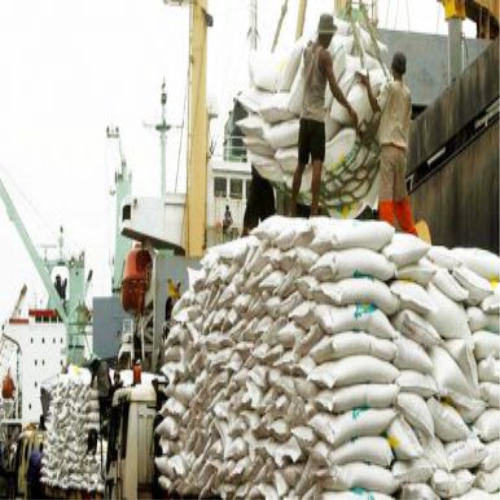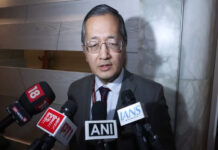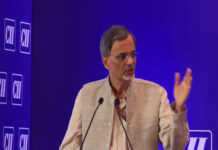MSM Malaysia Holdings Bhd has reiterated its appeal for the government to impose tariffs on imported sugar, particularly from Thailand, amid ongoing concerns about the impact of cheap imports on the domestic market.
At a press conference following MSM’s 14th Annual General Meeting, Group Chief Executive Officer Syed Feizal Syed Mohammad stated that both MSM and Central Sugars Refinery Sdn Bhd (CSR) have jointly submitted a proposal to the government, urging the introduction of import tariffs to safeguard the local sugar sector from what they describe as unfair dumping practices.
He pointed out that when Thai sugar was dumped into Vietnam’s market, the Vietnamese did not hesitate to impose a 48 per cent tariff.
“Our combined production capacity with CSR is around 2.8 million tonnes annually, while domestic demand stands at only about 1.55 million tonnes,” he said, reported The Sun. “This clearly shows we have more than enough capacity to meet national requirements, making sugar imports unnecessary.”
While asserting that MSM is competitive in terms of scale and operational efficiency, Syed Feizal emphasized that the domestic industry should not be subjected to distorted market conditions caused by dumping.
“It is not that we cannot compete. But why do we have to face dumping practices? Liberalising the market sometimes works against the local industry and even the ringgit,” he said.
On another note, Syed Feizal addressed the uncertainties surrounding the expanded Sales and Service Tax (SST). He confirmed that MSM is in active discussions with the Royal Malaysian Customs Department and the Ministry of Finance (MOF) to clarify whether the 5% SST will apply to raw sugar used in production.
He explained that while the additional cost might be absorbed by industrial users, it presents a challenge in the retail segment, where prices are controlled by government policy.
“We’re unable to transfer that cost to retail consumers due to the price ceiling regulations. That’s why we’re seeking clear guidance from the authorities and engaging with them to find a viable solution,” he concluded.



















[…] Source : Chinimandi […]